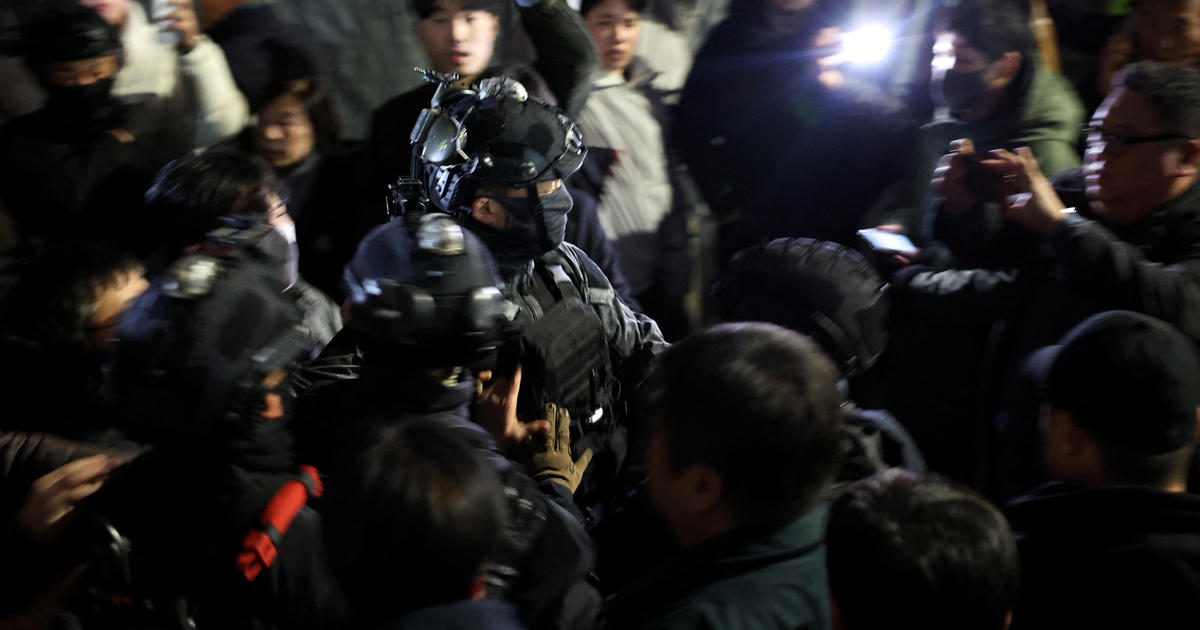South Korean President Yoon Suk Yeol made a controversial decision to declare martial law late Tuesday, citing the need to eliminate “anti-state” forces that he believes are sympathetic to communist North Korea. This move sparked immediate backlash from both the opposition party and members of Yoon’s own conservative party, as it harkened back to a time of authoritarian rule that South Korea has not seen since the 1980s. The president’s declaration of martial law raised concerns about the state of democracy in the country and highlighted the deep political divisions that exist within South Korean society.
Shortly after President Yoon announced martial law, the country’s parliament convened to vote on whether to lift the declaration. National Assembly Speaker Woo Won Shik led the charge to overturn the martial law declaration, emphasizing the importance of protecting democracy and the will of the people. The resolution to lift martial law was passed with overwhelming support from both ruling and opposition party members, with 190 out of 300 lawmakers present voting in favor of ending martial law. This decisive action by the parliament demonstrated a unified front against President Yoon’s authoritarian tendencies and sent a clear message that democracy would not be undermined.
The swift response from the National Assembly reflected the gravity of the situation and the commitment of lawmakers to uphold democratic principles in the face of executive overreach. The parliament’s rejection of martial law served as a check on presidential power and affirmed the separation of powers between the legislative and executive branches of government. The standoff between President Yoon and the parliament underscored the delicate balance of power in South Korea’s political system and the need for strong institutions to safeguard the rule of law.
In the aftermath of the parliament’s decision to lift martial law, tension remained high in Seoul as the military enforced restrictions on political gatherings and sought to maintain order. South Korea’s military announced that parliament and other political gatherings deemed to cause “social confusion” would be suspended, signaling a crackdown on dissent and opposition voices. The military’s directive also targeted striking doctors, demanding their return to work within 48 hours or face arrest without a warrant. This heavy-handed approach by the military raised concerns about civil liberties and the right to peaceful protest in South Korea.
The scenes outside the National Assembly painted a stark picture of the political turmoil gripping the country, with police officers and soldiers stationed to prevent access to the building. The sight of armed soldiers and police blocking entry to the parliament evoked memories of a bygone era when South Korea was under authoritarian rule. Citizens expressed their outrage at the heavy security presence and called for the protection of democratic institutions from government overreach. The standoff between security forces and protesters highlighted the deep divisions within South Korean society and the growing discontent with President Yoon’s leadership.
The lifting of martial law by the parliament was a victory for democracy and a reaffirmation of the people’s right to govern themselves. The peaceful resolution of the political crisis underscored the resilience of South Korea’s democratic institutions and the commitment of lawmakers to uphold the rule of law. The episode served as a reminder of the fragility of democracy and the need for constant vigilance to protect it from authoritarian threats. As South Korea navigates the challenges of a changing political landscape, the events surrounding President Yoon’s declaration of martial law will be remembered as a pivotal moment in the country’s democratic journey.









